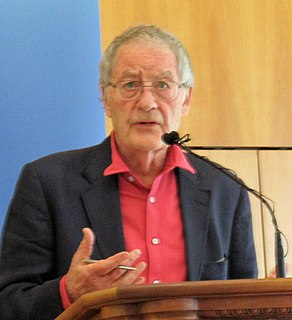A Quote by Charlie Munger
Don't confuse correlation and causation. Almost all great records eventually dwindle.
Quote Topics
Related Quotes
To my knowledge there are no good records that have been built by institutions run by committee. In almost all cases the great records are the product of individuals, perhaps working together, but always within a clearly defined framework. Their names are on the door and they are quite visible to the investing public. In reality outstanding records are made by dictators, hopefully benevolent, but nonetheless dictators.




































